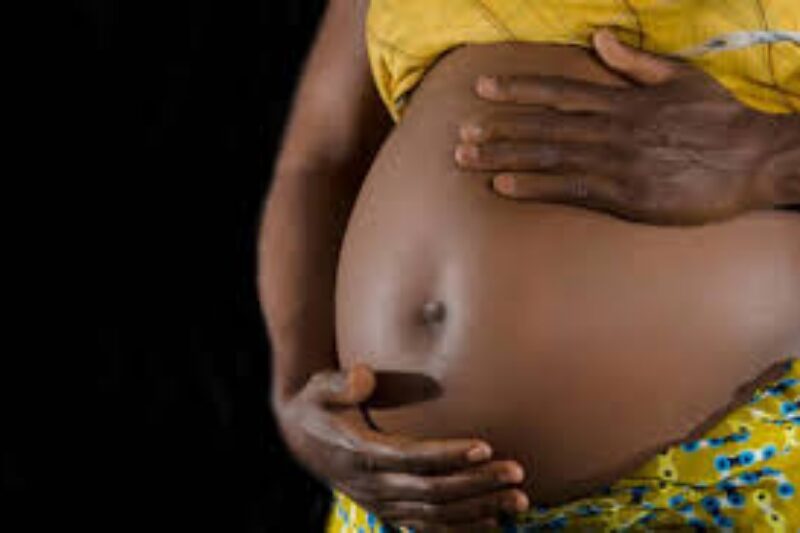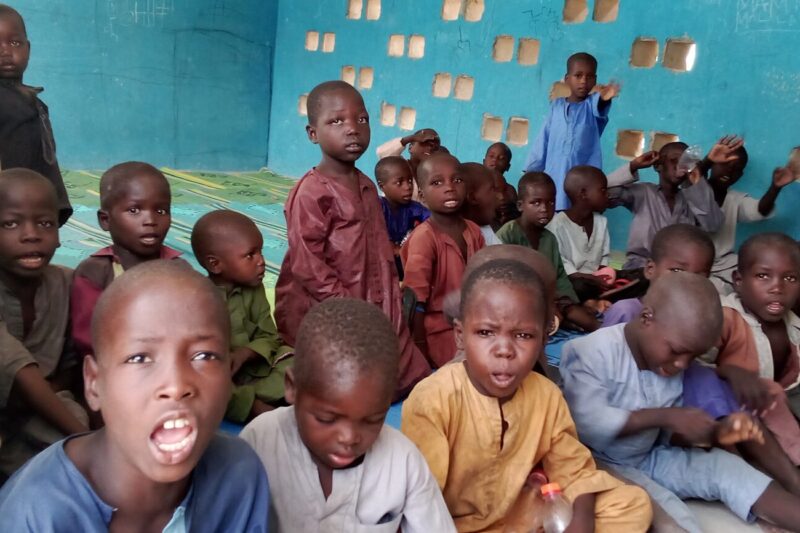Before the closure of official, state-run internally displaced persons’ camps in Maiduguri, women had easy access to sexual and reproductive health services – now they have to deal with unwanted pregnancies and, often, unsafe abortions.
Humanitarian organisations used to be on hand to provide advice and care for the women. They discussed unwanted pregnancies, back-street abortions and provided contraception, either pills or injections.
Most family planning services were provided by organisations such as the United Nations Children’s Fund (UNICEF), the UN Population Fund (UNFPA) and the UN High Commissioner for Refugees (UNHCR). The Danish Refugee Council (DRC), the International Organisation for Migration (IOM), the Centre for Integrated Development and Research (CIDAR), the national and state emergency management agencies and local non-governmental organisations (NGOs) also stepped up to help women.
The were given advice and were encouraged and motivated to plan ahead to prevent unwanted pregnancies and unsafe abortions.
But since the shutdown of the camps, humanitarian care has ceased.
Most displaced women cannot afford adequate nourishment, are food insecure and both they and their babies often suffer from malnutrition, all of which leaves them open to diseases that regularly sweep through the overcrowded community camps where they now take refuge.
This has severely compromised their reproductive healthcare.
Now IDP women struggle to get contraceptive pills and injections. The number of newborns has increased and parents are finding it extremely difficult to adequately care for their large families.
RNi spoke to women taking at the Kawar Maila IDP community camp.
Zara Musa said: “I had six children, but two of them died. I started getting family planning services after I my first three children.
“At that time humanitarian organisations provided a safe place where women like me could get family planning advice. I used to go there to get pills. They were easy to get hold of. But now we that’s gone. To get contraception pills or the injection I have to go to a hospital or clinic. I work on my own, so I don’t have spare time for that.”
Hauwa Mohammed said: “I have never used contraception before and have four children. We are poor and finding it very hard to survive because of all the mouths to feed. I would like to have some control on the number of children I want. As it is, we barely eat twice a day and my husband and I can’t afford to pay for our children’s basic needs.”
“Before the official IDP camps were shut down, it was easy to access family planning centres because they were on our doorstep. I think they really helped and encouraged women to plan for the number of children they wanted. Since they are no longer available, I have not thought of going to a hospital to get help,” said Falmata Mustapha, a mother of five.
Am Ya Falmata Buba said she had not gone for family planning services because she was scared.
“I have seen cases of bleeding and other complications and that was why I did not approach anyone for help. But recently I decided to get help. When you are starving, you do not have the strength go through a pregnancy. I went to the hospital, but after the examination I was told I am already pregnant.”
Hajja Ma’am Khair, a midwife at a nursing college, said: “Family planning services used to be freely available to women in the now-closed official IDP camps. But since they were shut down, women cannot easily access those services anymore. Now they have to go to a near-by hospital or clinic.
“I advise women, particularly IDPs who do not have the means to care properly for large families, to go to hospital to get family planning advice and services. Just because such services are not on their doorsteps anymore should not discourage them. Bringing up children is expensive – apart from food, there are basic needs such as schooling and healthcare. All of it costs a lot of money.”
FALMATA MOHAMMED ALI








